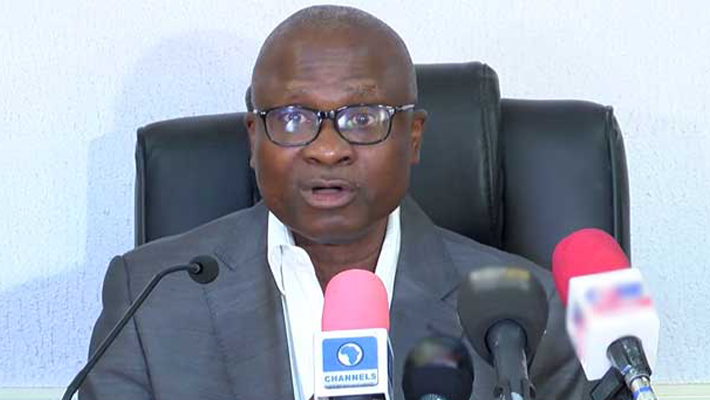The Nigeria Centre for Disease Control and Prevention (NCDC) has unveiled a new national framework to strengthen emergency preparedness and response across Nigeria’s 36 states and the Federal Capital Territory (FCT).
Speaking at the launch of the State Emergency Preparedness and Response (EPR) Plan in Abuja on Monday, according to News Agency of Nigeria (NAN), NCDC Director-General, Dr Jide Idris, urged state governments to make strategic investments in health security, workforce retention, and climate-resilient systems to enhance readiness for disease outbreaks and other public health threats.
Dr Idris described the EPR Plan, developed under the Federal Ministry of Health, as a “strategic agreement” between the national and state levels to promote shared accountability, readiness, and sustained protection of public health.
He highlighted the urgent need to address Nigeria’s shrinking pool of skilled health workers, disclosing that the NCDC’s staff strength had dropped from 500 to below 400 due to migration.
He said the human resource gap remained one of the biggest challenges and urged states to improve staff welfare and create incentives for retention, noting that public health workers form the backbone of preparedness and must be protected.
He urged state governments to focus on “high-impact and achievable interventions within available resources” to avoid overextension, adding that progress would be sustainable only when built on solid systems and capacity.
Borno State Commissioner for Health, Baba Gana, recounted how the 2023 Maiduguri floods devastated the state’s health infrastructure, submerging its cold-chain facility and displacing over one million people.
He said the state had since built elevated cold-chain infrastructure and established a backup system through its Drugs and Medical Supply Agency to strengthen disaster resilience and continuity of care.
Ogun State Health Commissioner, Tomi Coker, said her state was tackling workforce shortages by retraining existing Drug Management System (DMS) staff to handle emergency preparedness supplies.
“This approach allows us to optimise existing staff without hiring new personnel, while ensuring emergency supplies are effectively managed and readily accessible when needed,” she explained.
Chairman of the Forum of Commissioners for Health and Ekiti State Health Commissioner, Banji Filani, emphasised the need for stronger inter-state collaboration in surveillance, laboratory systems, and knowledge sharing.
““Public health emergencies do not recognise borders. States must support each other. A friend in need is a friend indeed,” he said, calling for joint training and mentorship under NCDC guidance.
The EPR Plan, according to the NCDC, is expected to serve as a practical roadmap for states to build resilience, strengthen response mechanisms, and mitigate the impact of future public health emergencies.



